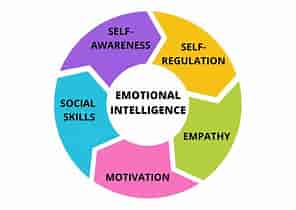Introduction
– Introduce the urgency of addressing climate change through proactive measures.
– Define sustainable practices and their importance in mitigating climate change.
### Sustainable Practices for Mitigating Climate Change
#### 1. Renewable Energy Adoption
– Explain the significance of transitioning from fossil fuels to renewable sources like solar, wind, and hydropower.
– Discuss benefits such as reduced greenhouse gas emissions and energy independence.
#### 2. Energy Efficiency Improvements
– Highlight the importance of improving energy efficiency in buildings, industries, and transportation.
– Provide examples such as LED lighting, smart thermostats, and efficient appliances.
#### 3. Afforestation and Reforestation
– Discuss the role of forests in carbon sequestration and biodiversity conservation.
– Explain afforestation (planting new forests) and reforestation (restoring degraded forests) as effective strategies.
#### 4. Sustainable Agriculture Practices
– Address the impact of agriculture on climate change, including methane emissions from livestock and deforestation for agriculture.
– Promote sustainable agriculture practices like organic farming, agroforestry, and no-till farming.
#### 5. Waste Management and Recycling
– Emphasize the importance of reducing waste generation and promoting recycling and composting.
– Discuss landfill methane emissions and the benefits of waste-to-energy technologies.
### Conclusion
– Summarize the key sustainable practices discussed and their collective impact on mitigating climate change.
– Call to action for individuals, businesses, and governments to prioritize and implement these practices for a sustainable future.





Leave a Reply